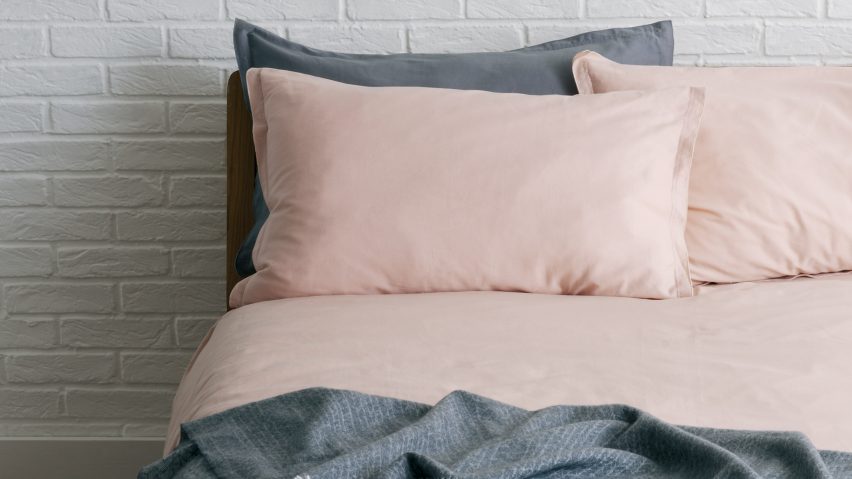IKEA, Habitat and Heal's are among the brands named in PETA's first Vegan Homeware Awards, which recognise the best cruelty-free designs for the home.
The awards, announced today, are split across 14 categories, ranging from best vegan sofa and office chair to an innovation prize for new materials.
It is the first year that PETA (People for the Ethical Treatment of Animals) has run the awards, which the organisation attributes to a "soaring interest in vegan living".
In the UK, the number of vegans has risen 360 per cent in 10 years, with at least 542,000 people in Britain now thought to be following a diet free of animal products.
The winners of the Vegan Homeware Awards are a mix of large-scale brands, small studios and individual designers whom PETA has described as "forward-thinking" in their attitudes towards vegan products.
"Home is where the heart is – and compassionate consumers are driving the demand for beautiful vegan homeware," said PETA director Elisa Allen.
"Forward-thinking designers are experimenting with sustainable and cutting-edge vegan materials and offering a great variety of cruelty-free choices to suit every home and budget."
Swedish furniture giant IKEA, which ranked at number six on Dezeen Hot List, was awarded for best faux-sheepskin rug.
Design website Made.com took the accolade for best vegan leather home office chair, while Heal's was recognised for best faux-fur throw.
The innovation award went to Slovakian designer Šimon Kern was awarded for his Beleaf chair, which is made from a mixture of recycled leaves and bio-resin.
Other awards include Rockett St George for best vegan sofa, Debenhams for down-free bedding, Habitat for silk-free sheets, Le Labo for home fragrance, and Zara for wool-free curtains and blankets.
Vegan interior designer Emily Turnbull took home the influencer award, Pacifica's soy candles won best home candle, and Monsoon received the prize for the best feather-free cushion.
Designers are developing an increasing number of alternatives to animal-based materials, including Piñatex, an alternative to leather made from pineapple leaves.
Others have experimented with everything from mushrooms to red algae powder in the search for more sustainable materials.

